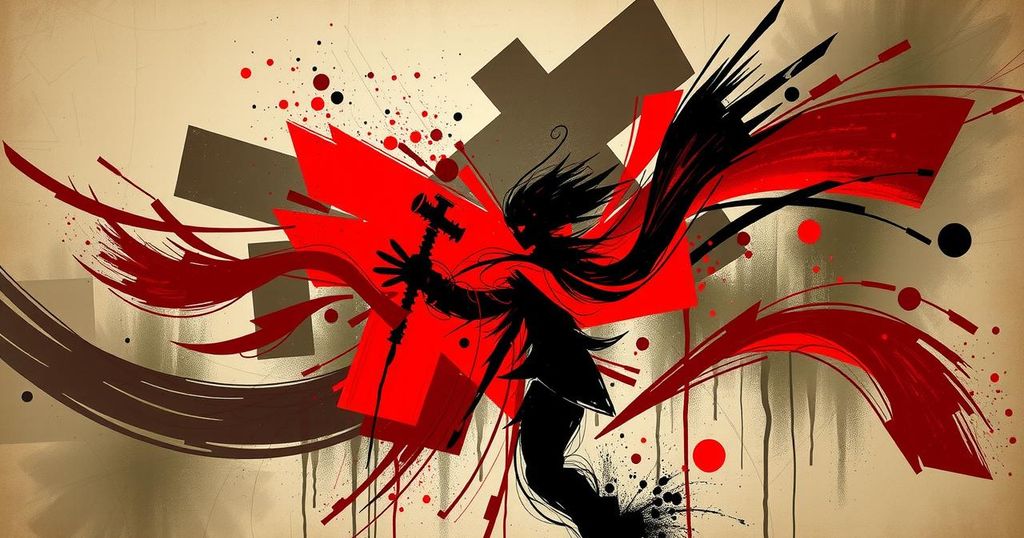Power Struggle in Sudan: The Clash Between the Army and Rapid Support Forces
The conflict in Sudan involves a power struggle between the Sudanese army led by General Abdel Fattah al-Burhan and the paramilitary Rapid Support Forces led by General Mohamed Hamdan Dagalo (Hemedti). The army regained control of significant areas, including the Presidential Palace, while facing serious allegations of civilian casualties. The RSF, known for its agility and adaptability in urban warfare, is also accused of ethnic violence and receives backing from international allies. The situation remains dire, with millions displaced amidst ongoing hostilities.
The conflict in Sudan has intensified as the Sudanese army and the paramilitary Rapid Support Forces (RSF) clash in a struggle for power. Recently, the army has reported significant gains, including full control of the Presidential Palace in Khartoum. Both factions emerged as uneasy allies in displacing President Omar Hassan al-Bashir in 2019, only to find themselves in opposition following the 2021 coup against a civilian-led government amid a planned political transition.
The Sudanese Army is led by General Abdel Fattah al-Burhan, who initially had numerical superiority and advanced equipment at the war’s start. Historically, the armed forces have played a pivotal role in Sudan’s power dynamics. Burhan, who has spent his career within the military, was among those urging al-Bashir’s resignation. Despite losing ground to the RSF initially, the army has regained some strategic positions with foreign support, notably from Egypt. However, the army has faced serious allegations of civilian casualties resulting from indiscriminate attacks, which it has largely denied.
The Rapid Support Forces (RSF), commanded by General Mohamed Hamdan Dagalo, known as Hemedti, has approximately 100,000 personnel. Hemedti started his career as a camel trader before escalating to armed conflict in Darfur after violent attacks on his convoy. Originally formed as the Janjaweed militia, the RSF gained official military status in 2017, established strong economic interests, and has demonstrated adaptability in urban combat. The RSF has faced accusations of ethnic violence, which it denies, and has garnered support from the United Arab Emirates. Sanctions were also placed on Hemedti by the United States, acknowledging the RSF’s involvement in genocidal actions.
The ongoing conflict in Sudan highlights the struggle for power between the Sudanese army and the RSF. Both factions have deep-rooted historical tensions and have previously collaborated against common foes. The situation is compounded by serious allegations against both sides concerning human rights violations. As the conflict continues, the humanitarian crisis escalates, affecting millions of citizens caught in the crossfire.
Original Source: www.hindustantimes.com




Post Comment